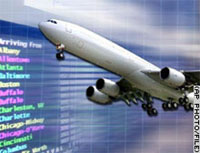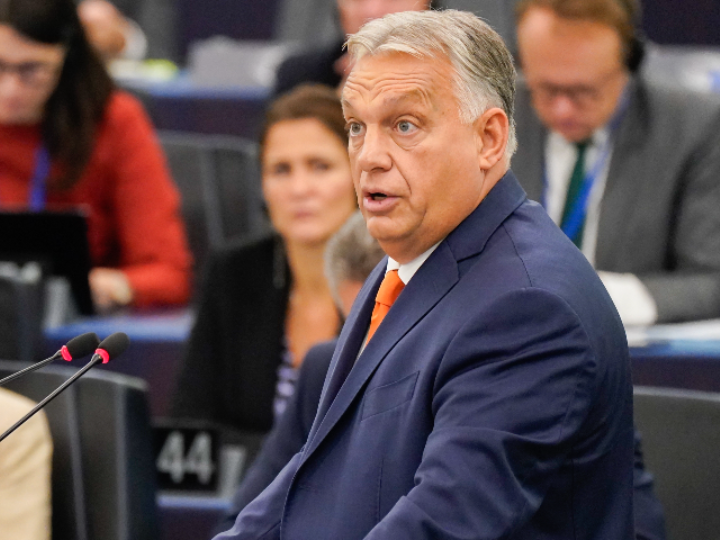Britain seems to have found a relatively pain-free way to boost its aid to Africa with money from an air ticket tax, but getting other rich nations to follow suit looks set to be a tough fight.
Britain has declared 2005 a make-or-break year for Africa and the impoverished continent will top the agenda at next week's summit of the Group of Eight rich nations in Gleneagles, Scotland under Prime Minister Tony Blair's presidency.
UK finance minister Gordon Brown has pledged to announce a plan in the run-up to the summit to channel some existing tax revenues from airline tickets towards funding Britain's contribution to a so-called International Finance Facility to provide extra aid to Africa.
Other wealthy European nations have mulled introducing a voluntary air travel tax to boost aid to Africa. Brown hopes revenues from such levies will fund their vital IFF contributions.
The British idea would be to use for aid purposes some of the 850-900 million pounds a year it earns from air passenger duty (APD), a fee paid by departing travelers which ranges from 5 pounds on short economy flights to 40 pounds on long haul business fares.
Aid agencies welcomed the idea and UK-based airlines said they had no opposition to a plan that did not increase taxes.
"We are encouraged that the reports suggest there are no plans to introduce a new tax on aviation," said a spokesman for Virgin Atlantic Airways.
"There was no logical reason to us why this industry rather than any other should be used as a source of money to provide aid to Africa, much needed as that aid may be," he said.
Airlines feel singled out
Treasury officials said it was not yet decided how much of the tax revenue would be earmarked for boosting Britain's contribution to the IFF -- a plan designed to double aid spending to $100 billion a year by issuing bonds using rich countries' future aid commitments as collateral.
The amount would partly depend on the size of contributions from other countries.
The IFF needs the support of several other rich nations if it is to come anywhere close to Brown's aid goal, especially as economic heavyweight the United States has repeatedly said it cannot support the front-loading mechanism.
Brown is working with the other European G8 nations -- Germany, France and Italy -- on the idea of them introducing a new, voluntary airline ticket tax to channel money to an IFF fund. That idea was originally proposed by French President Jacques Chirac and has also been supported by Germany.
But even though talks so far have centered on a voluntary tax, other European governments, including holiday destinations Greece and Italy, have given the idea an icy reception.
It is also set to face stiff opposition from airlines who say it is illogical to single them out to help provide aid, especially at a time when they are battling soaring fuel costs and a sluggish economic climate in Europe.
"Traveling is not a sin, traveling is not something that governments should be discouraging and yet they are taxing us at the level of alcohol and tobacco," said Anthony Concil from the International Air Transport Association.
"On top of that now they are looking at making the situation worse by adding more taxes that will have a detrimental impact on developing nations," he said, predicting more expensive tickets would hurt tourism to poorer countries.
British Airways, Europe's second-biggest airline, was similarly critical.
It acknowledged Brown's UK plan would not change the situation for airlines as British taxes already existed but said any additional tax in European countries would be "illogical".




 By: N. Peter Kramer
By: N. Peter Kramer
